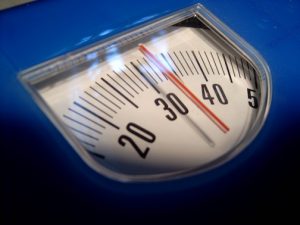What Are The Dangers Of Being Underweight?

JENOPTIK DIGITAL CAMERA
We often hear of the dangers associated with obesity, but rarely with being underweight.
Though thin is in vogue, being underweight can put a person at greater risk for a number of diseases and conditions.
Health Risks of Being Underweight
Being underweight can cause a number of health risks, including:
- Issues with fertility. Both women and men can experience problems with fertility when underweight, particularly those with a low BMI (body mass index). During pregnancy, women with a low BMI are more likely to miscarry than those with an average BMI. When a man has a low BMI, he is likely to have a lower sperm count than one with a regular BMI. Additionally, women who are underweight may not experience regular menstrual cycles. Because of this irregularity, ovulation can be skewed and disrupt a healthy pregnancy later in life.
- Lowered immunity. When a person is underweight, the immune system becomes vulnerable – there may not be enough Vitamin A and C reserves to prevent even simple illnesses like the flu.
- Lack of energy. If the body does not have enough fat to burn throughout the day, a person is likely to feel physically weak. Day-to-day tasks like going to work or school may seem difficult. Low energy can also be due to a lack of iron in the body. When there is a lack of iron in the blood, a person may develop anemia, which causes drowsiness.
- Change in body temperature. Without a healthy layer of fat to insulate the body, a person’s core body temperature can become colder. Those who are underweight may even feel chilly if the air outside is warm.
The Right Way to Gain Weight
There are a number of ways to slowly and healthily put on weight. Choosing nutrient-rich foods like fruits and vegetables, whole-grain breads and lean protein sources are just a few choices. Snacking on calorie-dense foods like nuts, peanut butter, cheese and avocados can also help in weight gain. Extras like cheese, soups and scrambled eggs can also add to a higher calorie intake.
Exercise, especially strength training, can help build muscle and therefore increase weight. Exercising will also stimulate a person’s appetite.
Source: Mayo Clinic
 Eating Disorder Self Test. Take the EAT-26 self test to see if you might have eating disorder symptoms that might require professional evaluation. All answers are confidential.
Eating Disorder Self Test. Take the EAT-26 self test to see if you might have eating disorder symptoms that might require professional evaluation. All answers are confidential.